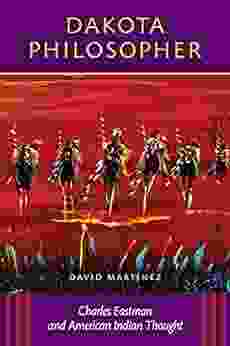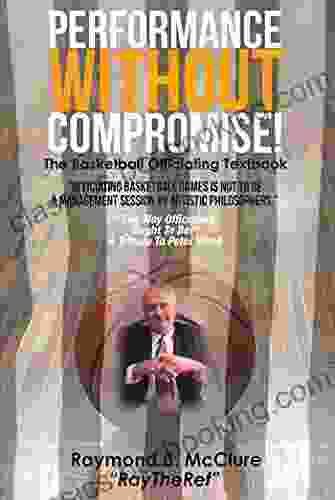Unveiling Wisdom and Heritage: Dakota Philosopher Charles Eastman and American Indian Thought

In the annals of history, the voices of Native Americans have often been overshadowed or silenced. Yet, amidst the echoes of the past, there emerges a figure who dared to bridge the divide between cultures and illuminate the profound wisdom of his people: Charles Alexander Eastman (Ohiyesa). As a physician, author, lecturer, and advocate, Eastman dedicated his life to sharing the rich philosophical and spiritual traditions of the Dakota people with the wider world.
Early Life and Education
Charles Eastman was born on February 19, 1858, in Redwood Falls, Minnesota. His father, Many Lightnings, was a Santee Dakota chief, and his mother, Winona, was half Sioux and half French. Eastman grew up immersed in the traditional Dakota way of life, learning the values of spirituality, respect for nature, and community.
4.8 out of 5
| Language | : | English |
| File size | : | 656 KB |
| Text-to-Speech | : | Enabled |
| Screen Reader | : | Supported |
| Enhanced typesetting | : | Enabled |
| Word Wise | : | Enabled |
| Print length | : | 212 pages |
In 1870, Eastman was sent to live with his grandfather, who encouraged him to attend school. Eastman excelled in his studies, showing exceptional intelligence and a deep fascination with the world around him. He eventually earned a degree in medicine from Dartmouth College in 1889.
A Bridge Between Cultures
Eastman's unique background and education allowed him to navigate both the Native American and Western worlds. He served as a physician and superintendent for the Bureau of Indian Affairs, advocating for the well-being of his people. However, he also became a prolific writer and lecturer, sharing the insights and perspectives of Dakota philosophy with the American public.
Eastman's writings were characterized by their eloquence, depth, and unwavering respect for Native American culture. In books such as "Indian Boyhood" and "From the Deep Woods to Civilization," he vividly portrayed the beauty and challenges of growing up in a traditional Dakota community. His essays and lectures explored the profound spiritual beliefs, environmental ethics, and social values of his people.
Dakota Philosophy and Spirituality
At the heart of Dakota philosophy lies a deep reverence for the natural world. The Dakota people believed that all beings, both human and non-human, were interconnected and interdependent. They respected the land and its creatures, seeing themselves as stewards of the environment.
Central to Dakota spirituality is the concept of Wakan Tanka, the Great Spirit or Mystery. Wakan Tanka permeates all of creation and is the source of all life and wisdom. Dakota people prayed to Wakan Tanka for guidance, protection, and healing. They believed in the power of dreams and visions as ways to connect with the spirit world.
Eastman sought to convey the essence of Dakota spirituality to a Western audience. He emphasized the importance of living in harmony with nature, practicing compassion and generosity, and seeking balance in all aspects of life. His writings resonated with countless individuals, offering a glimpse into a different way of thinking about the world.
Activism and Advocacy
Beyond his literary contributions, Eastman was also a tireless advocate for the rights and well-being of Native Americans. He testified before Congress on behalf of Indian sovereignty and land rights. He fought against the assimilationist policies of the federal government, which sought to suppress Native American cultures and identities.
Eastman believed that Native Americans had much to teach the Western world about spirituality, environmental stewardship, and social harmony. He urged Americans to embrace the diversity of Native American perspectives and to respect the treaties and agreements that had been made with Indigenous nations.
Legacy and Impact
Charles Eastman passed away in 1939, leaving behind a lasting legacy of wisdom, inspiration, and advocacy. His writings continue to be read and studied by scholars, students, and anyone interested in understanding Native American thought and culture.
Eastman's work has helped to bridge the gap between Indigenous and Western worldviews. He has inspired generations of Native Americans to embrace their traditions and to share their unique perspectives with the wider society. His writings have also raised awareness among non-Native Americans of the importance of respecting and valuing Indigenous cultures.
Charles Eastman, the Dakota philosopher, stood as a beacon of knowledge and understanding. Through his writings, lectures, and activism, he shared the profound wisdom and heritage of his people with the world. By illuminating the spiritual, ethical, and environmental insights of Dakota philosophy, Eastman helped to forge a path toward bridge-building and reconciliation.
His legacy continues to inspire and motivate us to embrace diversity, respect different perspectives, and seek a deeper understanding of the interconnectedness of all life. As we grapple with the challenges and opportunities of our times, the wisdom of Charles Eastman and the Dakota people serves as a guiding light, reminding us of the importance of living in harmony with ourselves, each other, and the natural world.
4.8 out of 5
| Language | : | English |
| File size | : | 656 KB |
| Text-to-Speech | : | Enabled |
| Screen Reader | : | Supported |
| Enhanced typesetting | : | Enabled |
| Word Wise | : | Enabled |
| Print length | : | 212 pages |
Do you want to contribute by writing guest posts on this blog?
Please contact us and send us a resume of previous articles that you have written.
 Book
Book Novel
Novel Page
Page Chapter
Chapter Text
Text Story
Story Genre
Genre Reader
Reader Library
Library Paperback
Paperback E-book
E-book Magazine
Magazine Newspaper
Newspaper Paragraph
Paragraph Sentence
Sentence Bookmark
Bookmark Shelf
Shelf Glossary
Glossary Bibliography
Bibliography Foreword
Foreword Preface
Preface Synopsis
Synopsis Annotation
Annotation Footnote
Footnote Manuscript
Manuscript Scroll
Scroll Codex
Codex Tome
Tome Bestseller
Bestseller Classics
Classics Library card
Library card Narrative
Narrative Biography
Biography Autobiography
Autobiography Memoir
Memoir Reference
Reference Encyclopedia
Encyclopedia Daryl Balfour
Daryl Balfour David Foster Wallace
David Foster Wallace Davar Ardalan
Davar Ardalan David Farmer
David Farmer Dean Pohlman
Dean Pohlman David Andrew Snider
David Andrew Snider Daniel Tammet
Daniel Tammet Dawn Davenport
Dawn Davenport David Stuart
David Stuart David Jenyns
David Jenyns Danny Wuerffel
Danny Wuerffel Dawn Sakamoto Paiva
Dawn Sakamoto Paiva Debbie Levy
Debbie Levy David Perlmutter
David Perlmutter David Sloan Wilson
David Sloan Wilson David A Howard
David A Howard David S Shields
David S Shields David Easley
David Easley Davonne Reaves
Davonne Reaves David E Lowe
David E Lowe
Light bulbAdvertise smarter! Our strategic ad space ensures maximum exposure. Reserve your spot today!
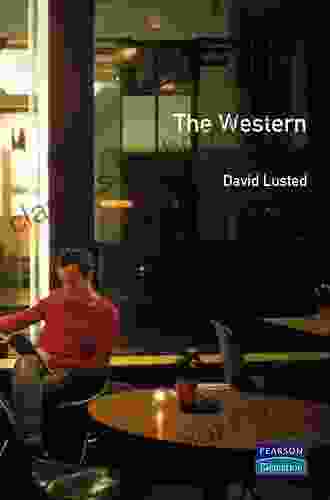
 Evan HayesUnveiling the Untold Stories: A Journey into the Western Inside Film by David...
Evan HayesUnveiling the Untold Stories: A Journey into the Western Inside Film by David...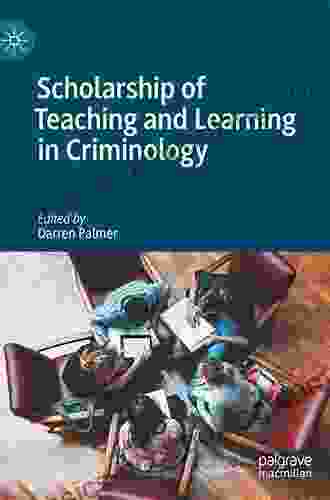
 Jack ButlerUnlocking Educational Excellence: The Scholarship of Teaching and Learning in...
Jack ButlerUnlocking Educational Excellence: The Scholarship of Teaching and Learning in... Travis FosterFollow ·16k
Travis FosterFollow ·16k Ralph Waldo EmersonFollow ·7k
Ralph Waldo EmersonFollow ·7k Herb SimmonsFollow ·11.3k
Herb SimmonsFollow ·11.3k Kirk HayesFollow ·12.8k
Kirk HayesFollow ·12.8k Clinton ReedFollow ·5.6k
Clinton ReedFollow ·5.6k Al FosterFollow ·2.2k
Al FosterFollow ·2.2k Jedidiah HayesFollow ·18.1k
Jedidiah HayesFollow ·18.1k Amir SimmonsFollow ·2.9k
Amir SimmonsFollow ·2.9k
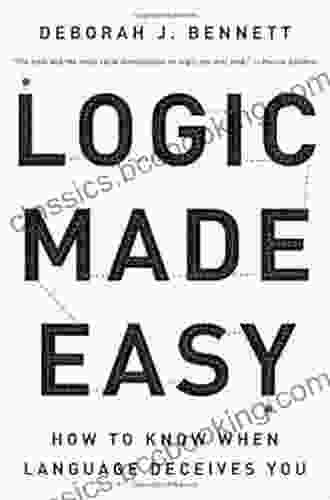
 Cameron Reed
Cameron ReedHow to Know When Language Deceives You
Unmasking the Power of...

 Robbie Carter
Robbie Carter50 Things To Know About Planning Home Schooling...
: The Power of Hands-On Learning Embarking...
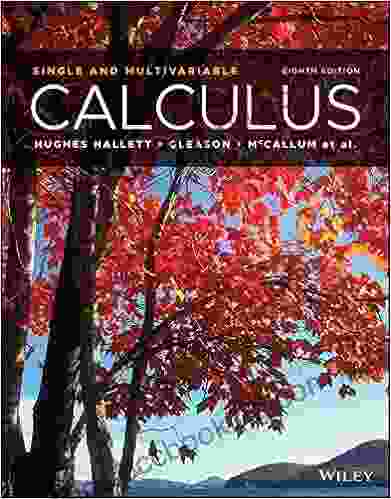
 Julio Cortázar
Julio CortázarCalculus: Single and Multivariable, 8th Edition — The...
Calculus is the...
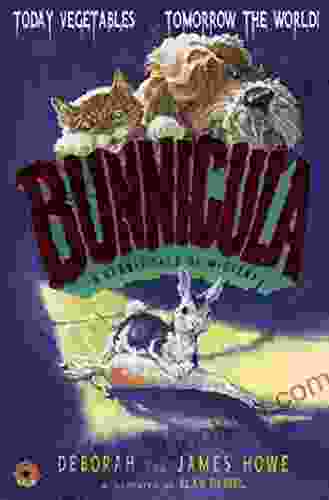
 Jaime Mitchell
Jaime MitchellBunnicula and Friends: A Spooktacular Tale of Mystery and...
In the quaint little town of Celeryville,...

 Josh Carter
Josh CarterPeppa Easter Egg Hunt: Join Peppa Pig on an...
Get ready for...
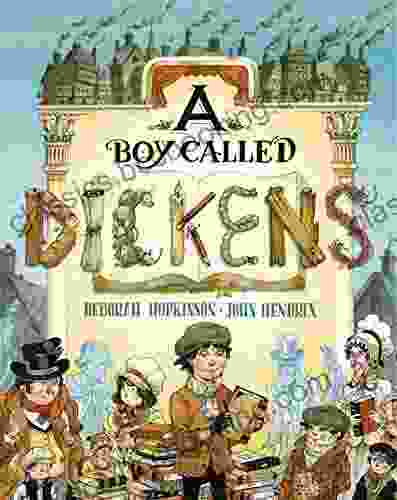
 Donovan Carter
Donovan CarterBoy Called Dickens: A Journey into the Childhood of a...
Delving into the...
4.8 out of 5
| Language | : | English |
| File size | : | 656 KB |
| Text-to-Speech | : | Enabled |
| Screen Reader | : | Supported |
| Enhanced typesetting | : | Enabled |
| Word Wise | : | Enabled |
| Print length | : | 212 pages |


